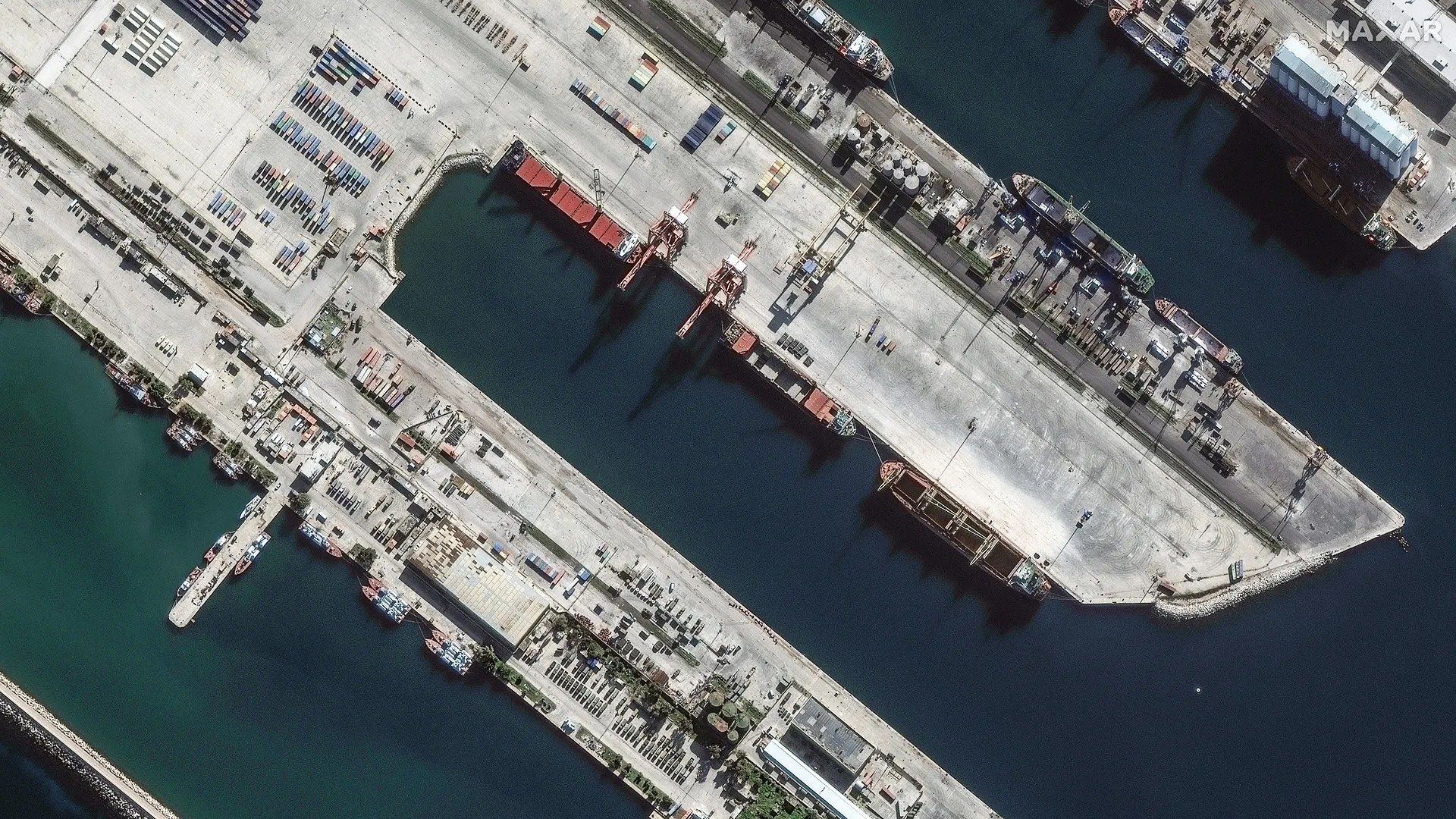Stream live here
Syrian President Ahmad al-Sharaa now has the chance to reassert Syria’s sovereignty and demand accountability for Russia’s role in atrocities over the past decade. Curtailing Russia’s military, political, and economic footprint in Syria enables a durable peace in the region given Moscow’s long record of fomenting violence, poverty, and dependence.
This hearing will examine the legacy of Russia’s support for Assad and the feasibility of evicting Russia from Syria. Witnesses will also discuss Russia’s ability to resist efforts to diminish their influence in the region.
Witnesses:
Anna Borschevskaya, Harold Grinspoon senior fellow, The Washington Institute for Near East Policy
Michael Doran, senior fellow and director, Center for Peace and Security in the Middle East, The Hudson Institute
Richard Outzen, nonresident senior fellow, The Atlantic Council










